I Ching-ing Things; Or, Looking For Meaning in Mostly Random Events
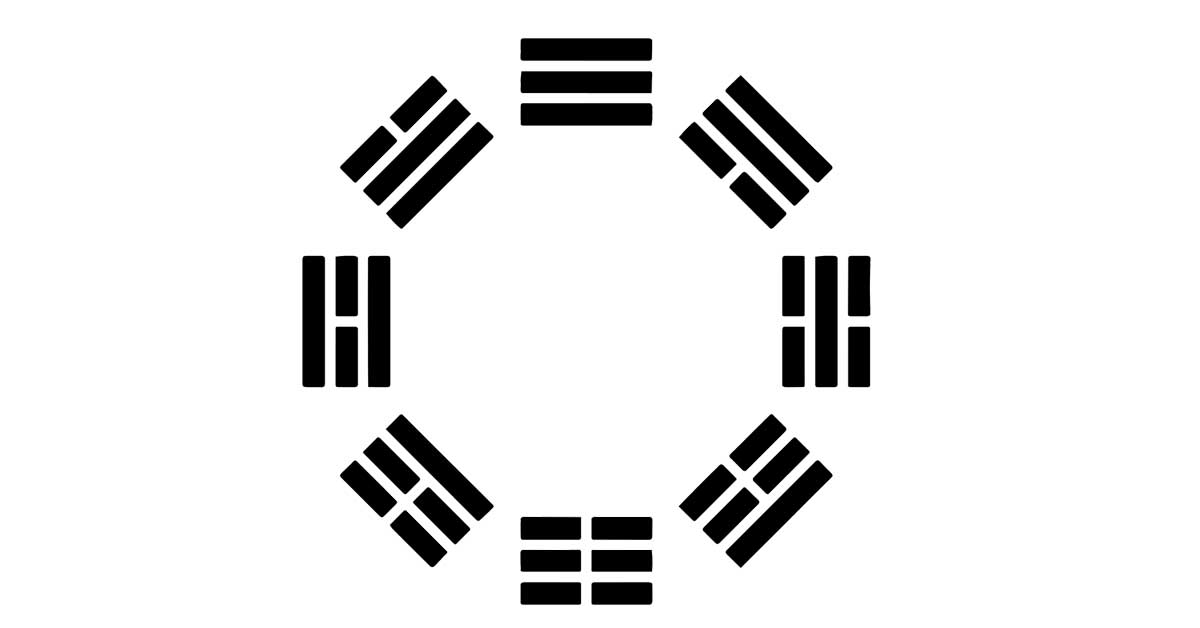
The I Ching is an ancient Chinese text used for divination. Essentially it helps the reader draw meaning from the randomness of the world. This concept can be applied to anything.
Literature is a broad category that contains all written works. The term derives from Latin litaritura/litteratura meaning “writing formed with letters”. Books, poetry, fiction, non-fiction, and even emails and facebook posts can be literature.

The I Ching is an ancient Chinese text used for divination. Essentially it helps the reader draw meaning from the randomness of the world. This concept can be applied to anything.
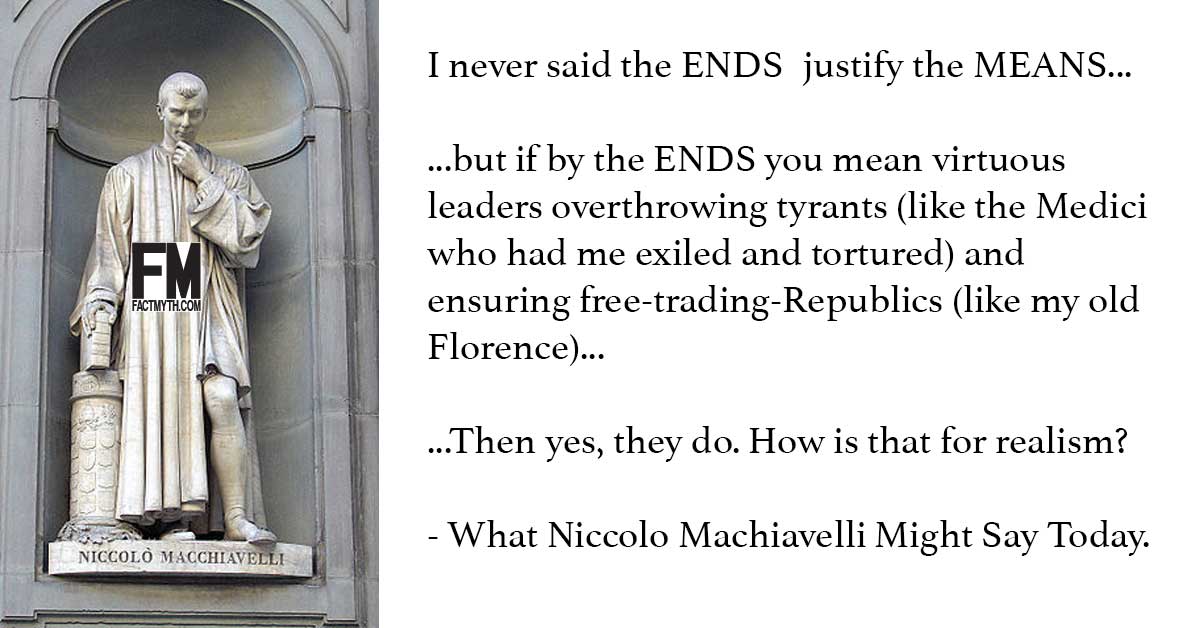
Niccolò Machiavelli never said, “the ends justify the means”, although he did elude to a complex version of the concept in his Prince.
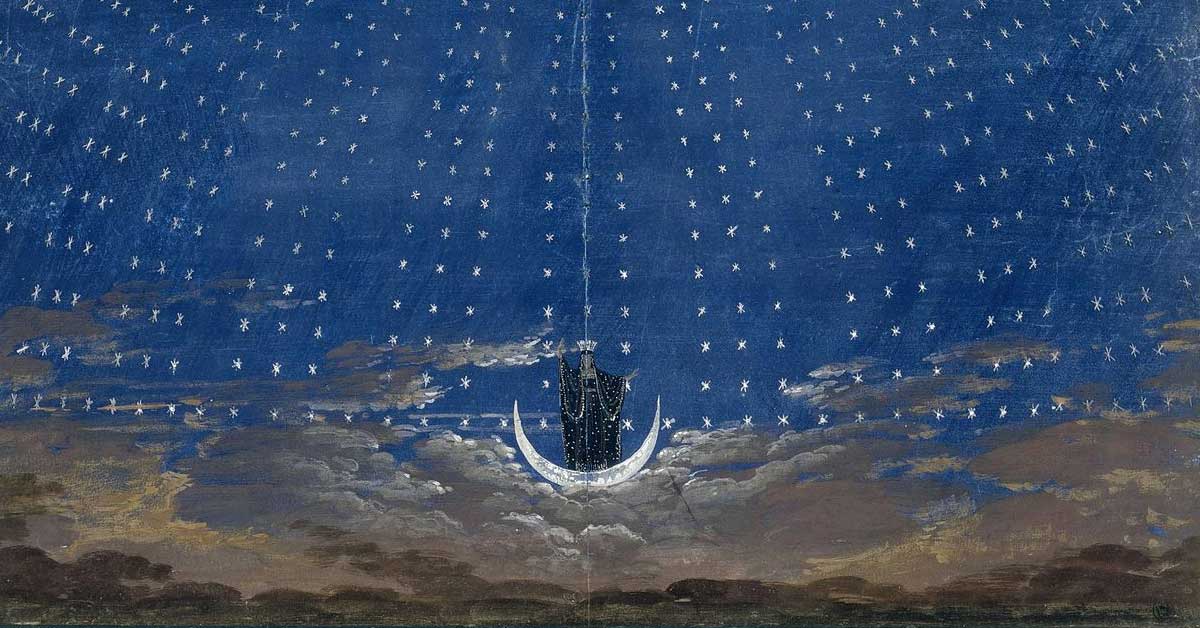
Mozart’s the Magic Flute is largely a metaphor about the Freemasonry and the Enlightenment augmented by crude jokes.

“Fake news” is news meant to influence rather than provide pure information. It is real and as old as the printing press. However, only some of what is labeled as “fake news” is actually “fake.”
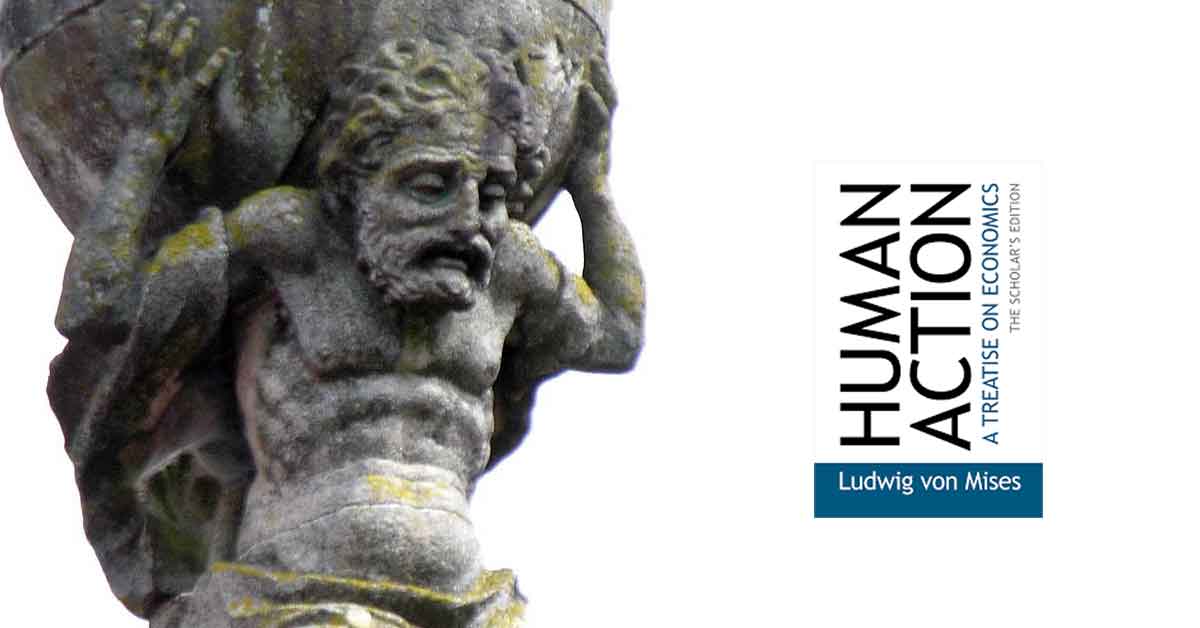
As Mises said, “all action is human action”. In other words, although we form groups that can indirectly act through consensus, groups themselves aren’t physical entities (and thus they can’t act directly).
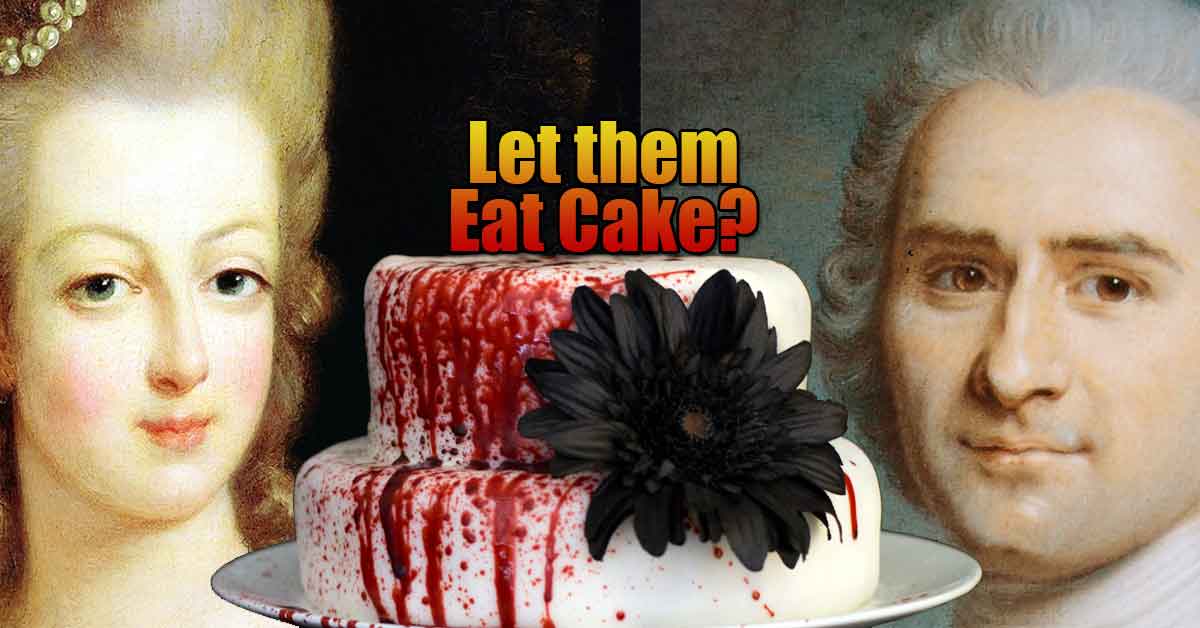
Marie Antoinette never said “let them eat cake”. The idea of royalty suggesting peasants eat cake is an old myth that can be traced to Rousseau’s Confessions, a Spanish Princess, and even a Chinese emperor.
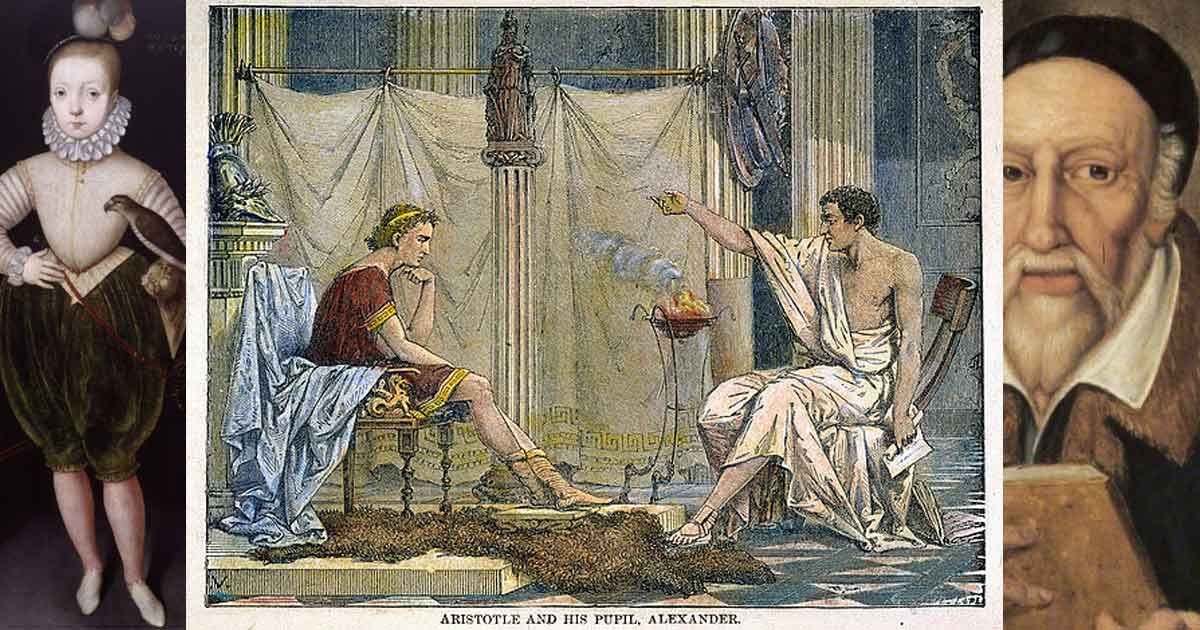
We often attribute the origin of the state of nature argument to Hobbes, but it can be traced to thinkers like Plato, Aristotle, and the Sophists in the 300s BC, and is then mused on by other early philosophers.
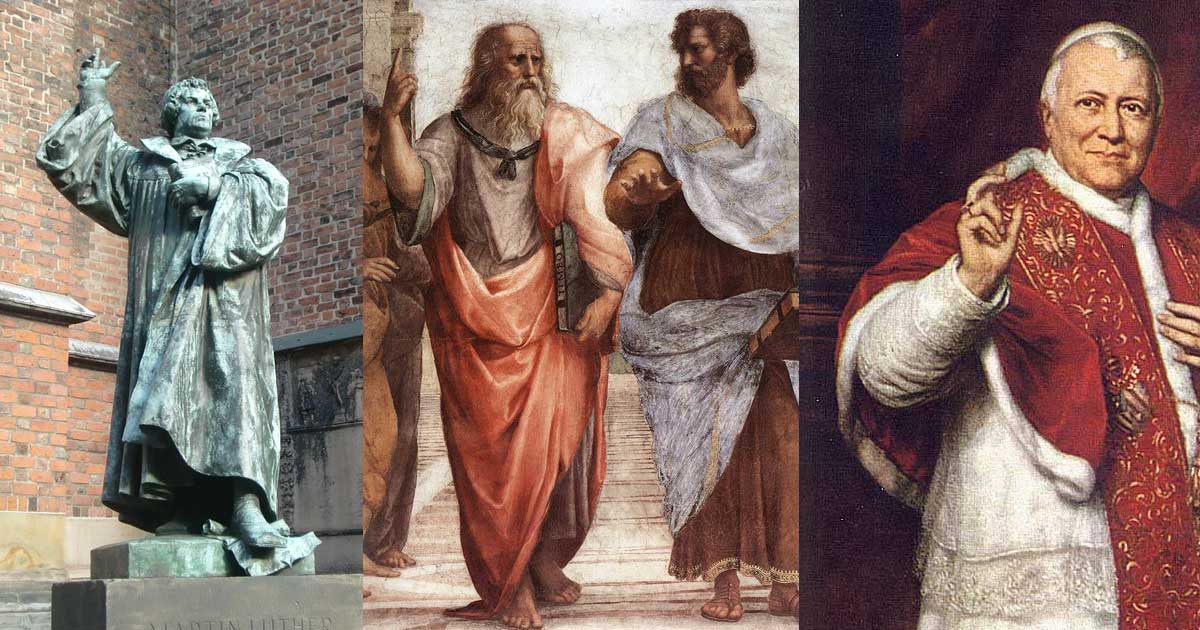
Historically, Protestantism is like classical liberalism (individual liberties and rights) and Catholicism is like social liberalism (state enforced social justice).
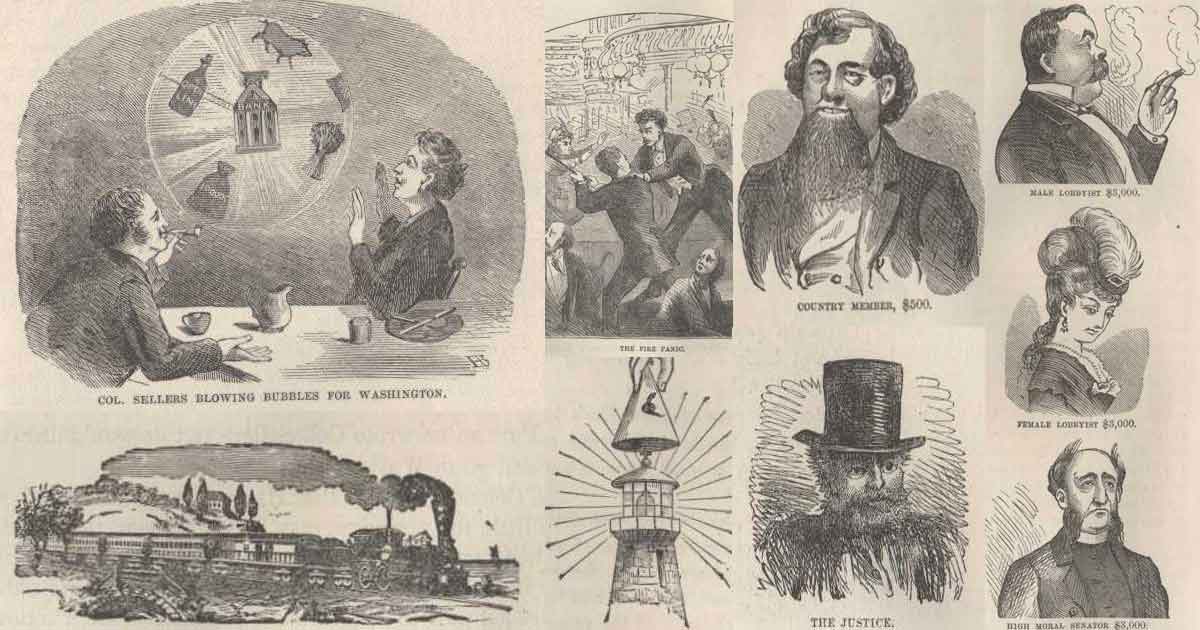
Below we present an annotated version of Andrew Carnegie’s 1889 essay Wealth (better known as the Gospel of Wealth).
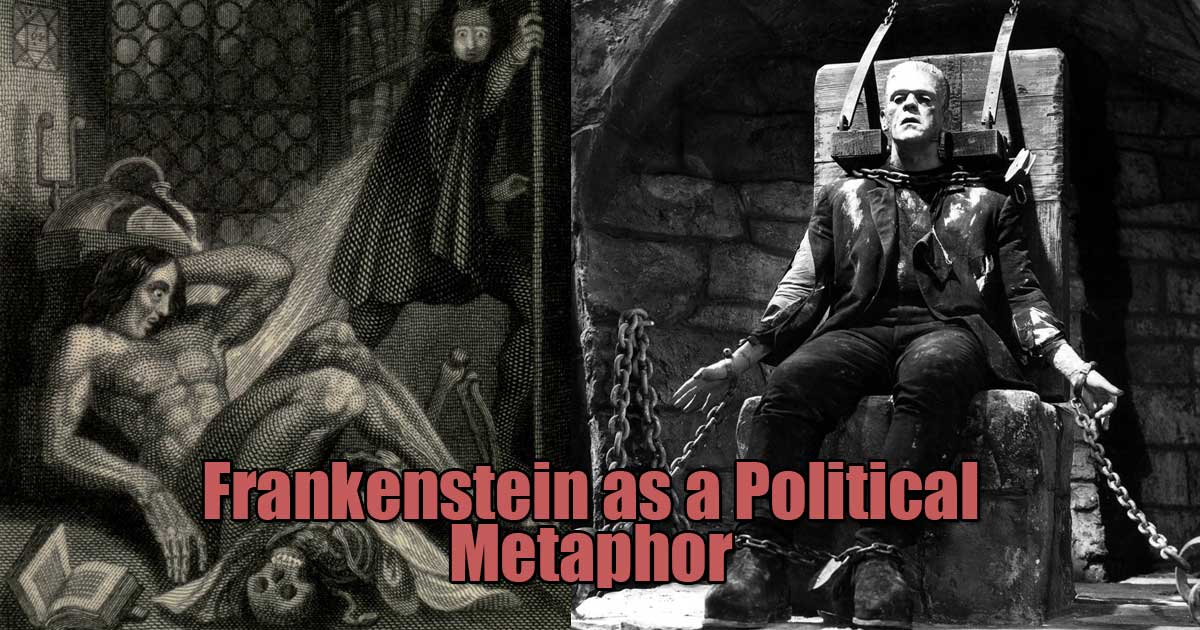
Mary Shelley’s Frankenstein (1818) can be read as a political metaphor where Dr. Frankenstein and his monster represent the philosophies and attitudes of the liberal revolutionaries, specifically those of the French Revolution and ensuing “Reign of Terror.”